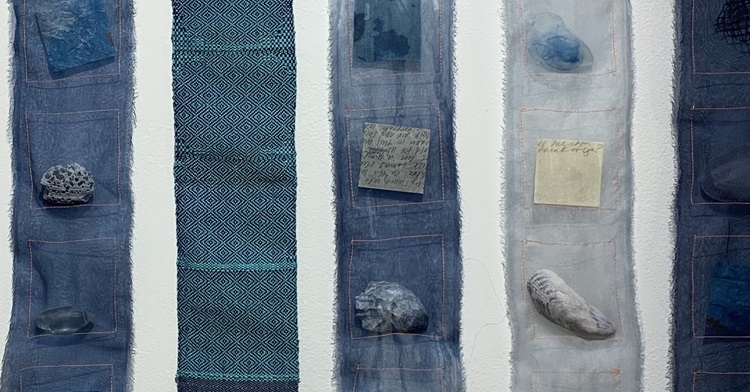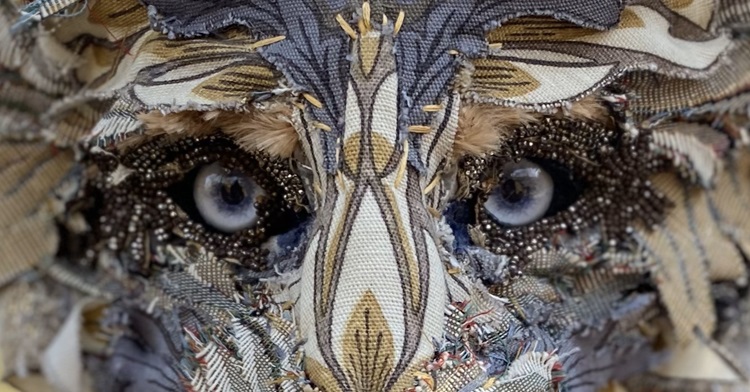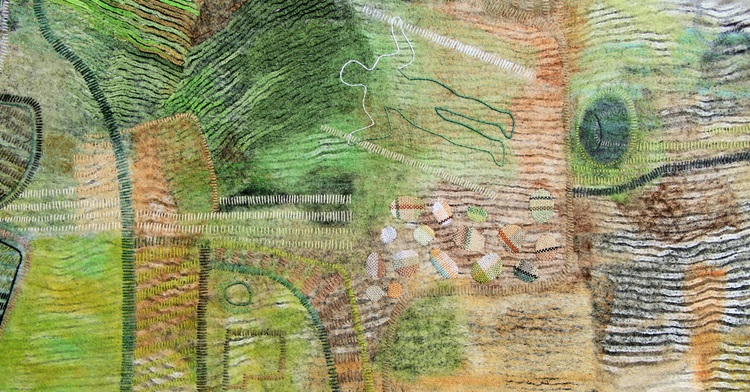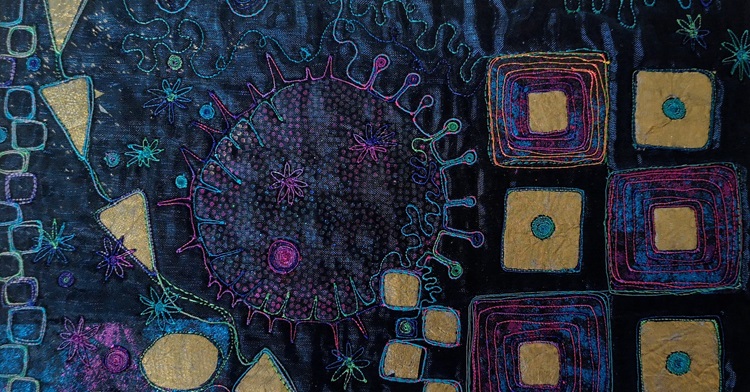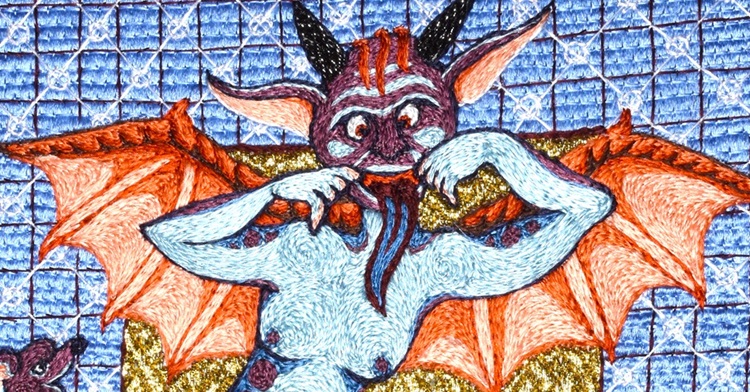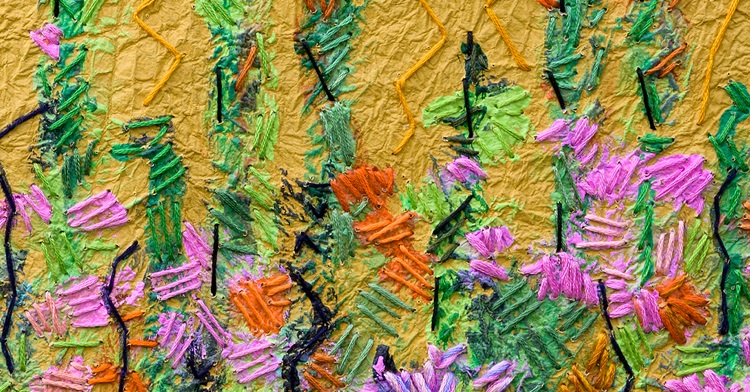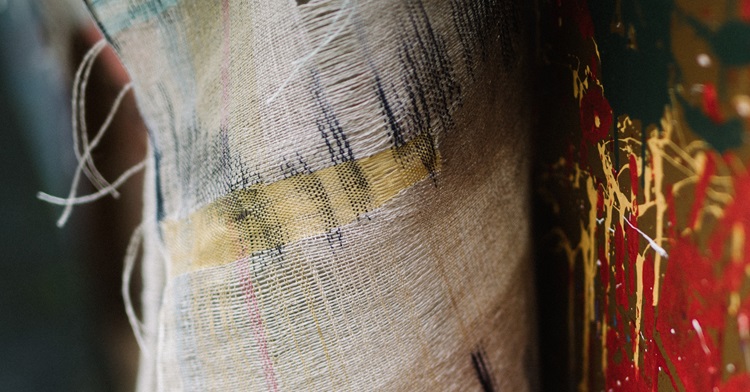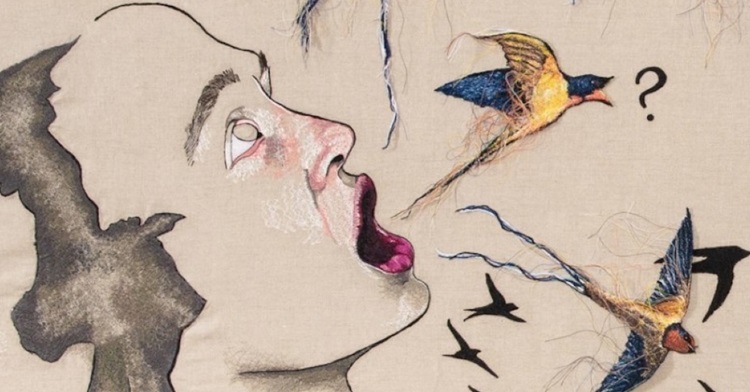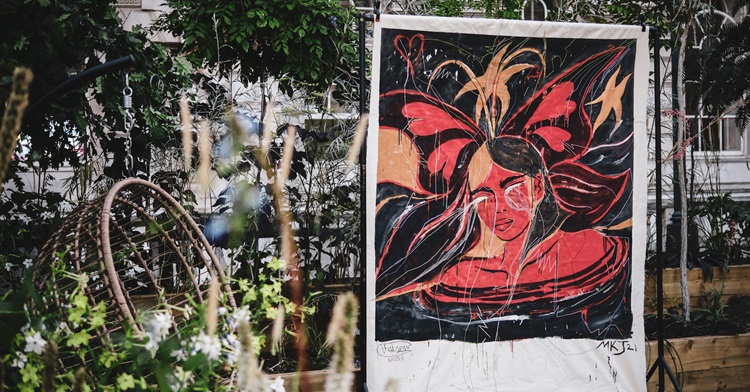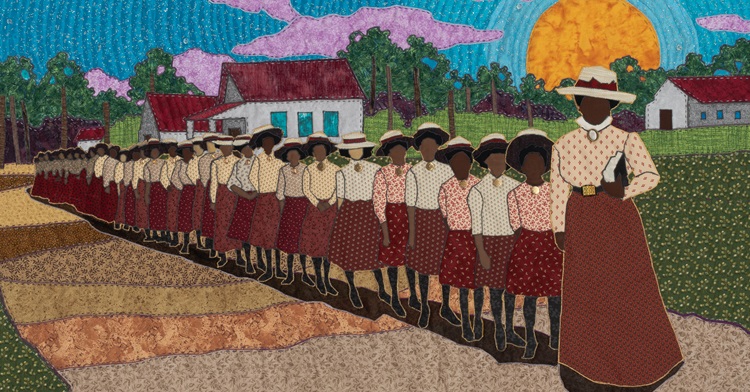artist interview
Share in the secrets of the world’s most innovative textile artists making work using a diverse range of fascinating techniques and processes in our artist interview series.
Find out what inspires their work, how they generate ideas, how they bring their vision to reality, and much more.

